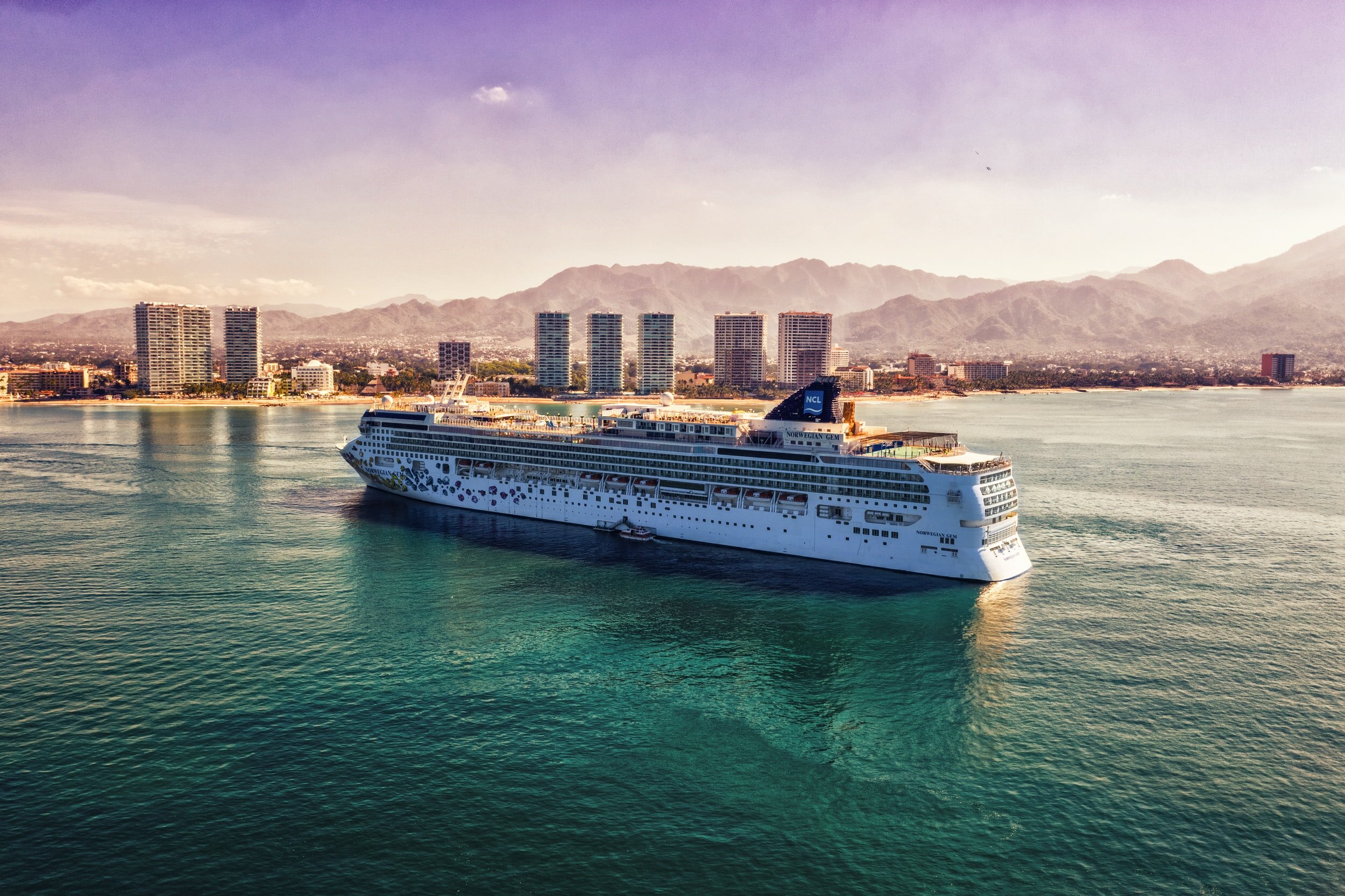
Case Summaries
Glencore Energy UK Ltd & Anor v Freeport Holdings Ltd (The 'Lady M') [2019]
“The Court upheld the first instance decision that article IV r2(b) exempts the carrier from liability if the fire was caused deliberately or barratrously (meaning without the actual fault or privity of the carrier). The appellants tried in vain to infer that barratry would be incompatible with fault or neglect of the crew (here the chief engineer) but the Court found no basis for justifying such conclusion.”
London Arbitration 8/19
“A charterparty on an amended NYPE form contained an additional clause prohibiting deductions from hire of amounts for underperformance, except undisputed off-hire. The Tribunal held that this did not allow equitable set-off unless agreed by owners which was not the case. Charterers' argument that they were suspending rather than deducting hire was also dismissed as a meaningless distinction.”
Alize 1954 & Anor v Allianz Elementar Versicherungs AG & Ors [2019]
“Following a grounding on leaving a port, cargo interests contested Owners' claim for GA and salvage contribution. The Court found that Owners' passage plan was defective and the Master's decision to leave the fairway was imprudent. The former was held to be the operative cause, such that the Vessel was unseaworthy pursuant to Art. III r.1., depriving the Owners of an Art. IV r. 2 (a) defence and their claim to contribution. Although irrelevant to the outcome, the Judge dismissed cargo interests' argument that following "Volcafe", the burden of dis-proving causative unseaworthiness under Art. III r.1 lay on the carrier, stating that in his judgment, that decision was restricted to Art. III r.2.”
London Arbitration 6/19
“The performance clause in a trip time charter (South Africa to China) defined good weather as "wind speeds of maximum beaufort force 4 (11-16knots) and total-combined (sea and swell) significant wave height confined to limits of douglas sea state 3 (0.5-1.25 meters)". Despite acknowledging the uncertainty of the terminology and the difficulty in reconciling two entirely different measures of sea condition, the Tribunal found that there would be no contradiction if good weather criteria were restricted to significant wave heights of no more than 1.25 m, even though this might render DSS3 surplusage and lower the required performance standard to something less than might be expected in charters of this nature.”
Silverburn Shipping (loM) Ltd v Ark Shipping Company LLC (M/V "ARCTIC") [2019]
“The High Court held that the Classification clause (9) in a BARECON '89 Charterparty is both an absolute obligation and a condition, such that if charterers allow Class to lapse, owners are entitled to terminate. In so doing it overturned an arbitration award concluding that clause (9) was part of the continuing maintenance obligation and imposed only an intermediate obligation of reasonable diligence, i.e. to reinstate the vessel's Class within a reasonable time.”
Nautical Challenge Ltd v Evergreen Marine (UK) Ltd [2019]
“Last year the Court of Appeal ruled that responsibility for the collision between Alexandra I (container ship) and Eversmart (tanker) was to be apportioned 80:20. The claims totalled some USD36m. The Admiralty Court recently assessed recoverable damages at USD9.3m for Alexandra I and USD2.53 for Eversmart. The Court declined to award extended loss to Alexandra I on the basis of "impecuniosity" of her Owners (said to cause delay to repairs, causing loss of market and eventual judicial sale). The owners had failed on the facts to establish the necessary causation between collision and delay/market collapse.”